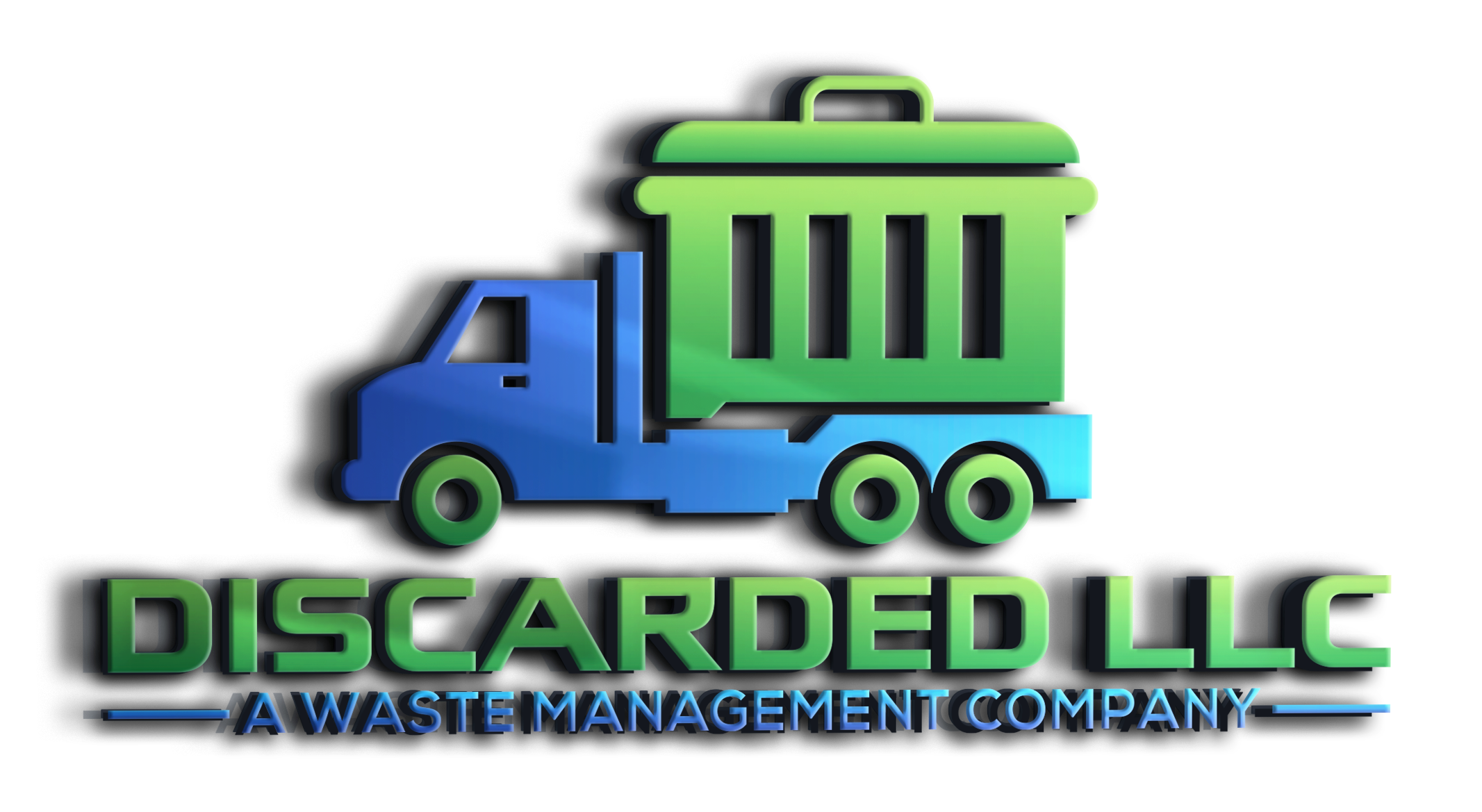
Hoarding isn’t just “having too much stuff.” It’s a complex, emotional experience that affects safety, relationships, finances, and mental health. In Connecticut—across New Haven County and Fairfield County—many families quietly live with hidden clutter, unsure how to ask for help. Discarded Junk Removal meets people where they are: with respect, practical systems, and a path toward healing.
What hoarding looks like in Connecticut homes
- Safety risks:
Blocked exits, unstable stacks, and flammable items increase fall and fire hazards. - Functional spaces lost:
Kitchens, garages, and spare rooms stop serving their purpose, making daily life harder. - Social isolation:
People avoid visitors out of shame, which deepens stress and affects mental health. - Financial strain:
Missed bills, duplicate purchases, and storage costs pile up alongside the clutter.
Why hoarding happens: the emotional side
- Grief and trauma:
Keeping items can feel like keeping memories; letting go can feel like another loss. - Perfectionism and fear:
Worry about making the “wrong” decision stalls progress, so nothing moves. - Control and comfort:
In uncertain times, possessions can feel like stability—until they overwhelm. - Community pressure:
In tight‑knit Connecticut neighborhoods, privacy and pride can delay getting help.
A humane approach: how Discarded Junk Removal supports healing
- Compassion first:
We listen, never judge, and build trust before touching a single box. - Zone‑by‑zone sorting:
Simple decisions: keep, donate, recycle, discard. Clear, repeatable progress without overwhelm. - Mental health‑aware pacing:
Short sessions, breaks, and check‑ins respect emotional limits and reduce fatigue. - Donation and recycling partnerships:
Items continue their story—less landfill, more good for our communities in New Haven and Fairfield Counties.
Practical steps to start letting go
- Name your goal:
“Make the kitchen cookable” or “clear safe pathways.” Clear goals keep momentum. - Set boundaries:
One shelf, one closet, one category (books, linens). Finish it, then move on. - Capture the meaning:
Photos or a small keepsake box preserve the memory while the excess goes. - Invite support:
A trusted friend, therapist, or a Junk Removal Business like Discarded can make the process safer and kinder.
When to bring in professionals
- You feel stuck or overwhelmed:
Decision fatigue is real; having a guide accelerates safe progress. - Safety concerns exist:
Structural stress, pests, mold, or blocked exits need experienced teams. - Large volumes need sorting and hauling:
Trucks, tools, and trained hands prevent injury and speed up outcomes.
Serving New Haven County and Fairfield County, Connecticut
Discarded Junk Removal combines logistics with empathy—because healing starts when your space feels safe, functional, and yours again.
- Call/Text: 475-332-1908
- Book online: www.discardedllc.com/book

wow
thanks for thsi. Now I have more idea
shocks
people who are doing hoarding are suffering from emotional stress. We ned to understand them,